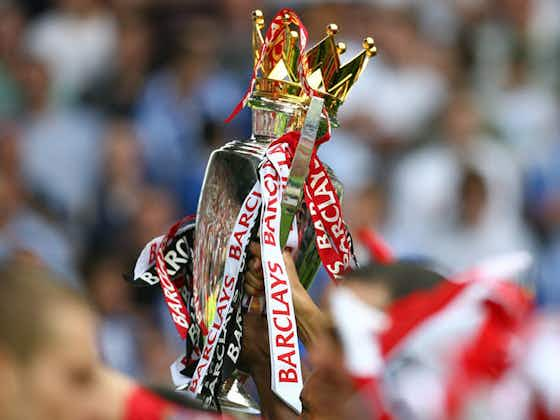EPL Index
·12 April 2024
Report: Financial Fair Play Evolution in Premier League

In partnership with
Yahoo sportsEPL Index
·12 April 2024

Premier League clubs have taken a significant step towards reshaping their financial landscape by tentatively agreeing to replace the existing Profit and Sustainability Rules with a new squad-cost ratio model. This change aims to align the league’s financial governance more closely with UEFA’s recent adjustments.

Photo IMAGO
Under the new framework, Premier League clubs will be allowed to allocate up to 85% of their revenue towards squad costs, including transfers, wages, and agent fees. This model is designed to encourage financial prudence while still enabling clubs to invest significantly in their playing squads. It mirrors UEFA’s policy, which restricts spending to 70% of revenue for clubs participating in European competitions.
The decision reached during Thursday’s Premier League shareholders meeting, reflects a unanimous agreement on the need for this financial model, with formal adoption expected at the league’s summer AGM.
Despite the consensus, there are voices of concern regarding the potential implications of the squad-cost ratio. Critics argue that this system may perpetuate the dominance of the league’s wealthiest clubs, who can generate higher revenues and thus spend more on squad enhancements. Additionally, there are worries about how clubs might artificially inflate their revenues through sponsorship deals linked to their owners, especially those backed by affluent states.
“The squad-cost ratio is designed to maintain financial stability but also raises questions about fairness and competition balance within the league,” noted one analyst during the discussion.

Photo: IMAGO
The current Profit and Sustainability Rules will still be in effect for the 2024-25 season, serving as a transitional period before the full implementation of the squad-cost ratio. This interim phase will allow clubs to adjust to the new financial regime while maintaining compliance with the old rules.
Moreover, the introduction of this model comes at a time when the UK government is advancing plans for an Independent Football Regulator. This body would have the authority to enforce sustainable practices across football clubs, potentially adding another layer of financial oversight.
In other developments from the Premier League’s meeting, the adoption of semi-automated offside technology was confirmed for the upcoming season, highlighting the league’s commitment to integrating advanced technology in football.
As the Premier League navigates these regulatory changes, the shift to a squad-cost ratio model marks a pivotal moment in its approach to financial management, aiming to ensure long-term sustainability while fostering competitive integrity.






























































